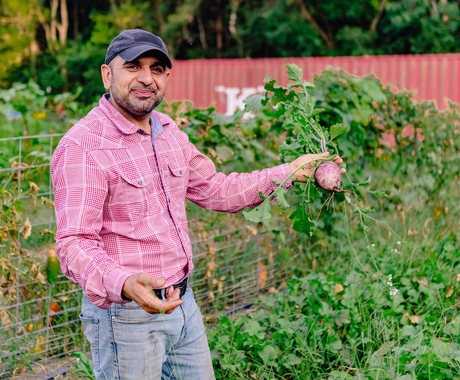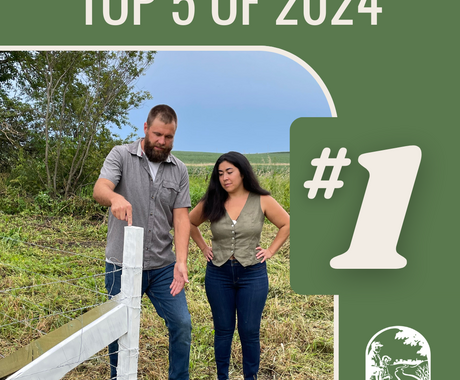Travis Scheffler, a beginning farmer in Lonsdale, Minnesota, routinely finds himself in a quandary. He has to choose between planting in the way he knows is best for his operation and his crop insurance coverage because of final planting dates set by the U.S. Department of Agriculture’s Risk Management Agency (RMA).
The dates aren’t ideal for Travis, who started an organic row-crop operation with his brothers four years ago. Following organic practices is important to the brothers who share concerns on water quality and conservation.
“We’re very big into hunting and fishing, so we care about what’s going into our lakes and our streams,” Travis said.
He said they have learned a lot—including the extra hurdles organic farmers face when it comes to crop insurance.
Crop insurance is a risk management tool used by farmers to protect them from crop or revenue loss. Coverage is subject to certain conditions, including a final planting date set for each crop. Producers planting their crops after this date are penalized. For every day that passes, they lose 1 percentage point of their insurance coverage, while paying the same price.
Both conventional and organic producers are held to the same date despite organic farmers planting crops, such as corn, later than their conventional neighbors. This is for several agronomic reasons, including avoiding pesticide drift and pollen contamination, weed management, and soil temperature. Cold and wet springs, which have become more common, can delay planting even more.
“I’m always pushing up against that date,” Travis said, “If we had a bigger window, it would be huge. We plant the first part of June and the last couple of years the weather has become really extreme. It’s either really wet or really dry and you’re gambling on where you should be putting that seed.”
Producers report that planting past the deadline does not negatively affect the yields or quality of organic crops, yet farmers like Travis are faced with a choice between losing coverage or planting at ideal times.
In recent years, RMA has made significant progress in its program offerings to organic farmers, but this issue remains. RMA can address this by offering a grace period during which organic farmers would not be penalized, or establish a separate final planting date to meet their needs.
The Center is relaying this important farmer feedback to RMA. If you have faced challenges with the final planting date, or would like to be involved in this effort, contact me at [email protected] or 641.218.4694.





